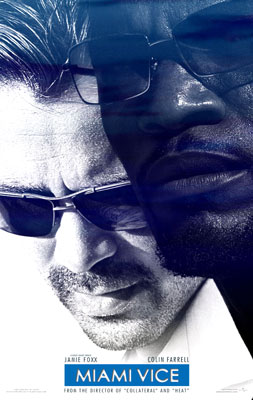

When they come to write the story of independent and boutique labels (and recent tomes on Warp, Factory and Rough Trade suggest that this day is drawing ever closer), a whole chapter should be devoted to the short-lived but peerless Infinite Zero, if there's any justice.
Run and curated by Rick Rubin and Henry Rollins for a couple of years in the mid-90s, the label was devoted to re-releasing the obscure and offbeat, and those records that had scandalously been allowed to go out of print. While it wasn't an independent label-- it was distributed through Rubin's American Recordings, and hence through Warners-- it had an A&R policy so eclectic that it made most indies seem impossibly conservative. Because they only had to answer to themselves, the releases reflected the founders' tastes, and you can sometimes detect the guiding hand of Rollins or Rubin in the labels' choices. The two Trouble Funk albums released on Infinite Zero, for example, were surely at the behest of Rubin, whose love of go-go shone through his production of Def Jam's The Junkyard Band back in 1986. The numerous Alan Vega releases, on the other hand, must be Rollins' contribution; his affiliation with Vega, and love of Suicide, can be seen in the support his 2.13.61 publishing house continues to give to this day, publishing tomes of Vega's lyrics and issuing CDs of the man's later material.
Other releases reflected the labels "because we can" philosophy. Examples include Iceberg Slim's Reflections and Louise Huebner's Seduction Through Witchcraft, a track from which appears below. The latter featured a self-professed witch's incanations over primitive Walter Carlos-era electronics; the former was the spoken-word/jazz offering from literature's most famous pimp. Astonishingly, some albums that had gone out of print and been revived by Infinite Zero have again become deleted since the label's demise. For example, Rubin and Rollins re-released Gang of Four's third LP, Songs of the Free, when the Futureheads were still in short trousers. Why now, in the post-Rip It Up era, has this been allowed to disappear from the record racks? It'd sell, surely?
Flipper, Devo, James Chance and Tom Verlaine all benefited from re-releases on the label, and while there was a definite post-punk edge to many of its artists, Infinite Zero would always throw you a curveball by showcasing, say, Missisippi Fred McDowell's blues, or Alan Watts' Hindu drones. As Rollins opined at the time: "Michael Bolton is allowed to have his records in print, so should Alan Vega, James White, Gang of Four and the rest." The label disappeared within two or three years of its start up, as Rollins and Rubin concentrated on their own labels, 2.13.61 and American respectively, and after it had presumably outlived its usefulness as a tax loss.
As a label taster, I present here three track showcasing its wildly diverse A&R policy: Matthew Shipp's Circular Temple no. 2, a piece of modern piano jazz only available in an edition of 1,000 prior to Infinite Zero's intervention, a snatch of Trouble Funk live, a go-go extravaganza from Washington DC's finest, and the aforementioned Ms Huebner's Demon Spell for Energy. Enjoy! And keep searching those cut out bins for Infinite Zero-branded stock.
Download Circular Temple no. 2 (deleted Feb 2007--sorry!)
Download Trouble Funk live (excerpt) (deleted Feb 2007--sorry!)
Download Demon Spell for Energy (deleted Feb 2007--sorry!)


